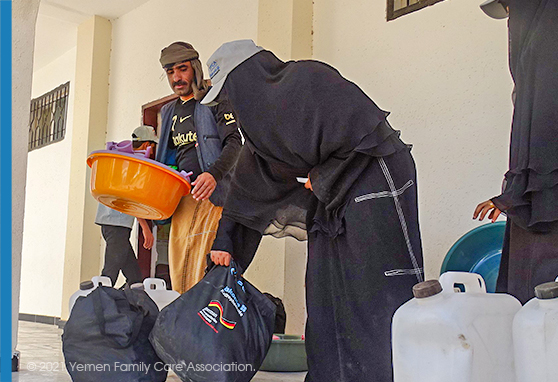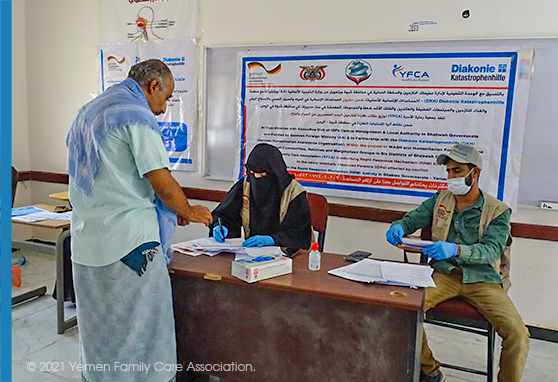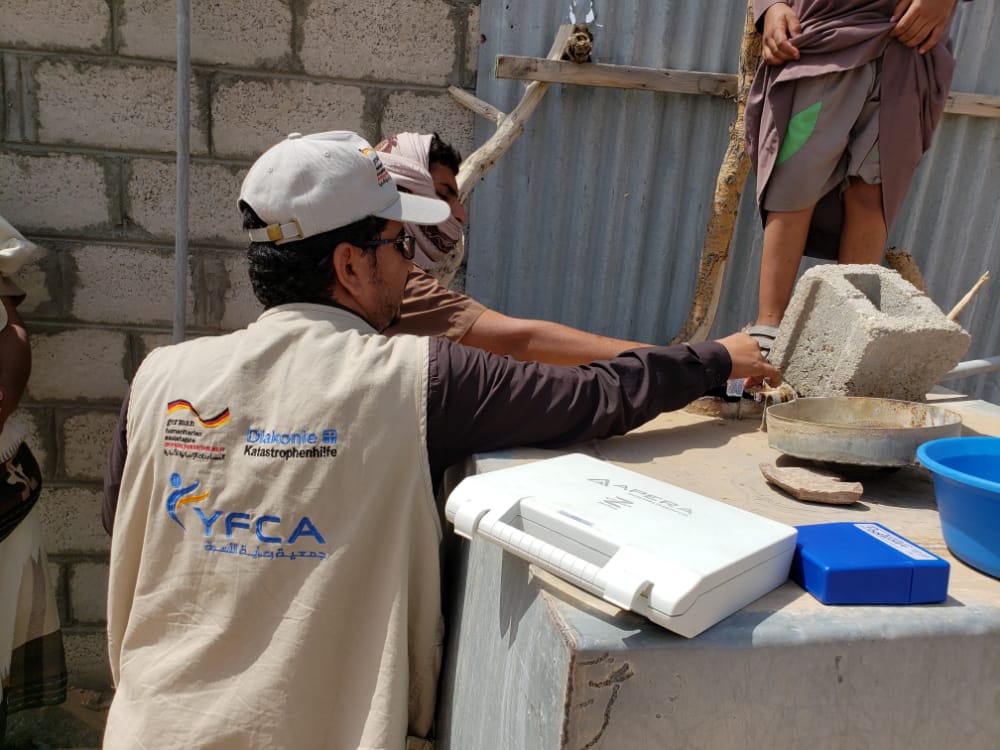Water, Sanitation & Hygiene
(WASH)
Program Summary
The WASH program aims to provide emergency life-saving assistance to affected communities as well as to achieve sustainable improvements in their lives, thereby building resilience of communities faced with high morbidity and mortality due to problems linked to barriers of access to potable water, poor sanitation and improved hygiene. To that end, YFCA works toward the country and WASH strategic goals to contribute to improving the WASH services, restoring and maintain sustainable water and sanitation systems.
YFCA’s role has grown greatly in the past ten years. In past 5 years, YFCA had active WASH interventions in more than 13 Govs in Yemen through implementation of 13 WASH projects, reaching a total of 1.1 million beneficiaries, with major programmes in most affected conflict and front-line, under-served areas in Yemen.
YFCA is an active member in (AB), (HCT), WASH SAG group in three years in a row 2019, 2020, and 2021 and always in the context of any update including the new strategic plan and has participated in planning and developing WASH framework of 2019, 2020 and 2021 as well. In Addition, YFCA is the Chair of the NNGOs WASH Forum, active member of WSH cluster at national and Sub-National level, two WASH (TWG) of hygiene promotion and sanitation , as well as GFP in Dhamar and Al-Mahweet in 2019 and currently government focal points GFPs in two Govs( Shabwah and Dhamar).
(WASH) news releases
- Provide operational support to water supply systems
- Repair, rehabilitate water supply systems
- Installation, Repair, rehabilitation of Alternative Water Resources (Rainwater harvesting tanks)
- Provision water disinfecting agents and support for water supply treatment
- Water quality surveillance
- Repair, rehabilitate sanitation systems
- Provide support for solid waste collection and disposal
- Provide access to safe water through water trucking
- Provide communal water tanks / taps
- Provide water filters for household level water treatment
- Provide household level water treatment options
- Family latrine rehabilitation / desludging
- Community Led cleaning campaigns for IDPs, vulnerable groups and other affected communities
- Distribution of basic hygiene kits
- Distribution of consumable hygiene kits
- Hygiene promotion and Community-led total sanitation (CLTS).





